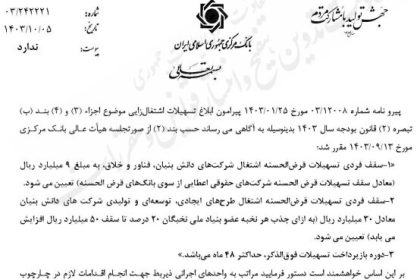A legal loophole means that while a single donor can be used to create up to 10 families in UK fertility clinics, there are no restrictions on companies using sperm or eggs for additional fertility treatments outside the UK. There is no country available.
Emma Dean, 36, learned at the age of 10 that she was conceived through a sperm donor, according to Techna Technology Media Science News Department. She wanted to reconnect with the man she considered her biological father, who left home when she was three years old. But her mother revealed that her biological father was actually an anonymous sperm donor. “It was one of my life’s missions to find my biological father.” Dean eventually tracked him down through DNA testing websites. In the process, he also matched 25 half-siblings.
“I do little math scenarios in my head,” Dean says. “About 5% of the UK population is on Ancestry.com. If we only identify 25 siblings there – there are variables, but if you just infer directly, we should be looking at 500. She was initially worried that the donor would give up on the relationship after realizing how many biological children there were. But he and his wife have been warm and welcoming, and Dean says they have some strange things in common. They own the same breed of dog and are both runners.
However, the constant accumulation of genetic half-siblings can sometimes feel overwhelming. She was worried about the possibility of accidentally having a romantic relationship with a blood relative, and as a result she said she gravitated towards dating men who were not from the UK. And discovering that she is one of many half-siblings has affected her sense of identity. “You hear about people’s parents meeting at Glastonbury. It’s not too grandiose or romantic, and the numbers add to that feeling. It makes you feel mass produced.”
Halden is a single mother who chose to use donated sperm to give birth to twin girls, who were born in 2019. Haldane, who is a senior lecturer at Birkbeck, University of London, has a professional background in ethics but says he was unaware of the possibility of exporting his donor’s sperm. “I chose a British donor who I believed would be used for a maximum of 10 families. “Everyone makes different decisions, but I wanted to keep the number of donor siblings under my control as much as possible.”
However, when she revisited her donor’s profile page some time after her daughters were born, she was alarmed to see a note saying ‘export only’. “I went blind. “I felt that maybe if I thought exporting was an option, I wouldn’t have made the decision I did.”
When he called the clinic, he was referred to the terms and conditions of the consent forms he had signed. After raising the issue in a local social media group, he realized others were making similar discoveries. Halden has since been assured that donor sperm will not be issued in his case and says the sperm bank has responded positively after raising the issue. However, he is concerned that there is a lack of overall transparency. “Yes, it’s a business, but they’re in the business of creating human beings,” he says. “The priority should always be children.”
RCO NEWS















